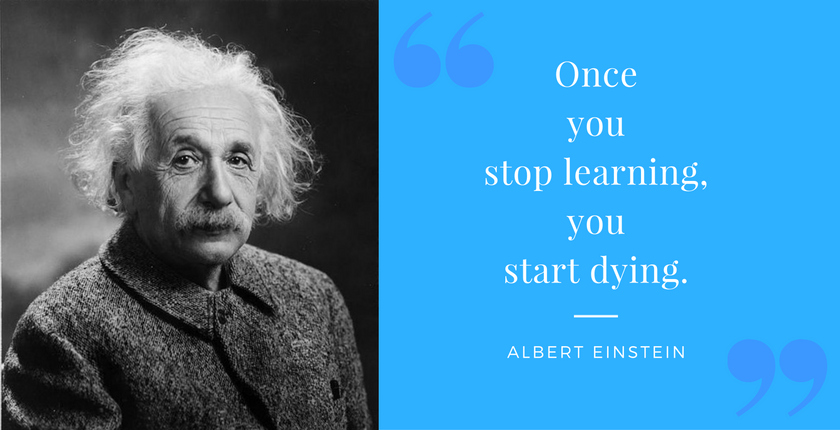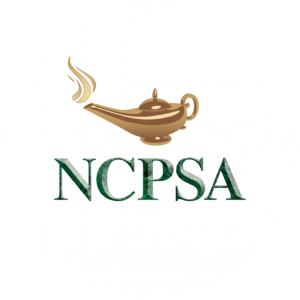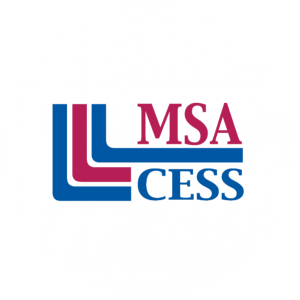[vc_row][vc_column][vc_column_text]By Bev Munday, Director of Education
This may seem like a strange question for a post in The Learning Edge. After all, aren’t we all about learning and education at Clonlara School? Yes, we are, however, not everyone is a lifelong learner or sees the value of continuing to learn. I’m not referring to K-12 education here or the learning that continues after you graduate from high school and go on to study at a community college, trade school, or university. I’m asking: What can we all do to foster a love for learning that will last a lifetime?
Lifelong learning is not formal education. According to the team at Skills You Need, “…lifelong learning is about creating and maintaining a positive attitude to learning… Lifelong learning can enhance our understanding of the world around us, provide us with more and better opportunities, and improve our quality of life.”
So how do you become a lifelong learner? At Clonlara, we want to help our students pursue their curiosity, strengths, interests, and talents—and identifying yours is a great place to start whether you are a child or an adult. Taking a moment to answer the following questions can help:
- What are you curious about? When you listen to the news, to those around you, or read an article, what is it that you want to find out? Human beings are naturally curious. Pose a question and then go searching for the answer. This may start with asking those around you, using a search engine, going to your local library to find a book on a specific subject, or joining a class.
- What are you good at? Once you have learned what comes naturally to you, go to the next level to deepen your strengths and grow your expertise.
- What interests or hobbies do you have? These can be great sources of lifelong learning and joy, enhancing the skills you already have.
- What talents do you have? Are you a musician, artist, juggler, speed reader, chef? These and many other talents can lead to a life of exploring and honing that talent, turning your talents into your expertise.
In addition to answering the questions above, you can
- Find out how you learn best and identify your learning style. Sometimes a student is switched off by learning because the way they were taught is not the way they learn best. To discover how you learn best, try these assessments: Edutopia’s Multiple Intelligences Self-Assessment and HowToLearn’s Learning Styles Quiz.
- Make a list. Keep a notebook or electronic list of what you want to know, learn more about, or learn to do.
- Be flexible. If you have plans today and suddenly something happens or is said that sparks yours or your child’s curiosity, let this be the day where you learn something new and unexpected!
- Keep reading. This can be one of the easiest and best ways to learn something new or just broaden your horizons on a subject to see if you want to know more about it. Take some time to visit your library and browse the shelves.
- Teach others. This is the best way to solidify what you have learned, and it gives you the incentive to know more about a subject than your “pupils.”
- Find jobs or careers that encourage learning. Wow is this powerful! In my position at Clonlara, I am often challenged to keep learning either by something a student or family has said or done, or in striving to provide better services and stay current in education theory and trends in a world that is rapidly changing.
There are certainly many benefits to becoming a lifelong learner. Henry Ford said, “Anyone who stops learning is old, whether at twenty or eighty. Anyone who keeps learning stays young.” I would love to hear about the benefits you see and about the things that keep you learning.
Other Resources to Inspire Lifelong Learning
The Love of Lifelong Learning Playlist from TED
100+ Self-Education Resources for Lifelong Learners from DIY Genius[/vc_column_text][/vc_column][/vc_row]







